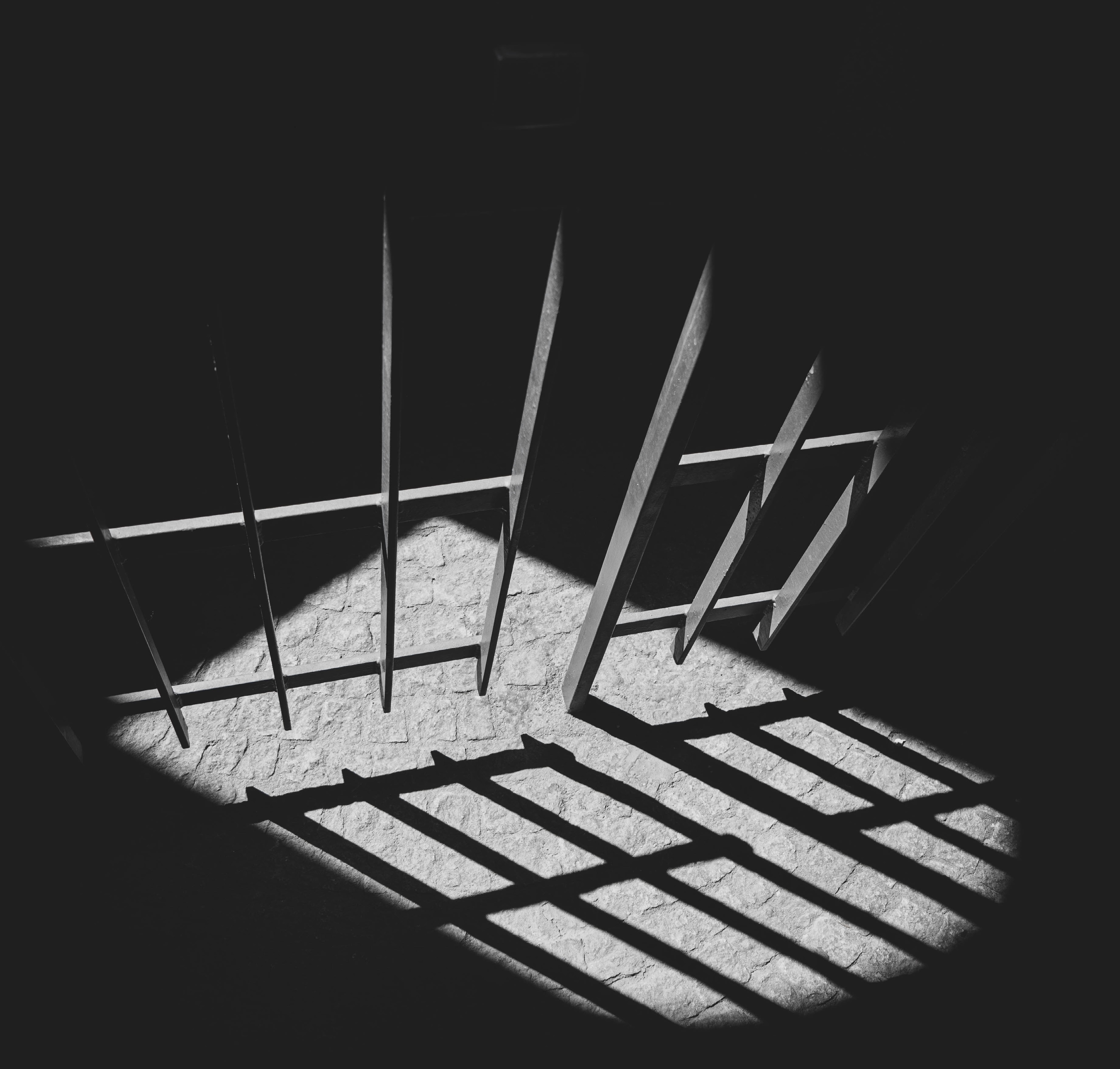What happens to children and young people with imprisoned parents?

date: 12/05/2023
Article 8 of the European Convention on Human Rights states that everyone has the right to respect for their private and family life, but what happens to the child's welfare when parents are in custody? The few weeks after a parent’s arrest are probably the most traumatic for a child with a parent in detention. This is why, under Council of Europe rules, children should be able to visit their parents in prison no later than one week after arrest and be allowed to maintain regular contact thereafter.
There are more than 700,000 children in the EU separated from a parent in detention. These children suffer low visibility and are rarely recognised as a vulnerable group. Whereas a great number of international conventions and treaties protect the rights of young people in conflict with the law, explicit recognition of the rights of children and young people separated from a parent in prison is lagging.
Children of Prisoners Europe (COPE), one of CERV framework partners, is making progress with European strategies, recommendations and case law.
Children of Prisoners Europe (COPE): who they are
COPE is a pan-European network connecting 123 civil society organisations, child rights agencies, individuals and other stakeholders such as prison services. Working across 37 countries, the COPE network aims to protect the rights and to meet the needs of children when a parent goes to prison.
Recognition under the EU Strategy on the Rights of the Child
When the European Commission started developing a Strategy on the Rights of the Child in 2021, COPE made sure that children with a parent in detention were duly recognised as a vulnerable category requiring special attention.
Recommendation on pretrial detention conditions
Meanwhile in 2022, the European Commission began drafting soft-law proposals on pretrial detention conditions in the EU with the aim of advancing some common standards. In this regard, COPE was invited to submit a detailed memo on the implications of pretrial detention of a parent on the child’s well-being and rights. In this memo, COPE highlighted that minimum common standards on prison conditions and how they impact detainees, their children and families would contribute to supporting the rule of law, fundamental rights and democracy across the EU.
In December 2022, the Commission issued a Recommendation on procedural rights of suspects and accused persons subject to pre-trial detention and on material detention conditions.
The recommendation refers to Articles 7 and 24 of the EU Charter of Fundamental Rights, which "enshrine the right to family life and the rights of the child,” as well as to the Council of Europe principles. It further states that EU Member States should provide suitable facilities to accommodate family visits under child-friendly conditions and ensure regular and meaningful contact between family members.
Landmark Ruling
In addition, COPE, together with the AIRE Centre in London, submitted an amicus brief to the European Court of Human Rights, which had been called to rule on the case of a child being denied the right to visit her father being held in pre-trial detention in Lithuania. In a landmark ruling on 21 March 2023, the Court upheld COPE’s contention that all decisions concerning children should take their best interests as a prior consideration and that children have a right, when separated from a parent in prison, to regular, ongoing contact with the parent, including during pre-trial detention. In its ruling, the Court cited the Council of Europe Recommendation CM/Rec(2018)5 concerning children with imprisoned parents. COPE experts contributed to the drafting of this key instrument.
“This is a major victory in our efforts to achieve recognition of the rights of children affected by parental imprisonment,” COPE said in a statement.
These are important developments for hundreds of thousands of children in the EU. Do you want to follow COPE's impressive work? Check their website and sign up for the newsletter.
